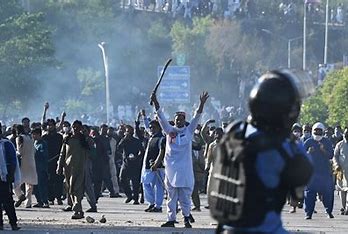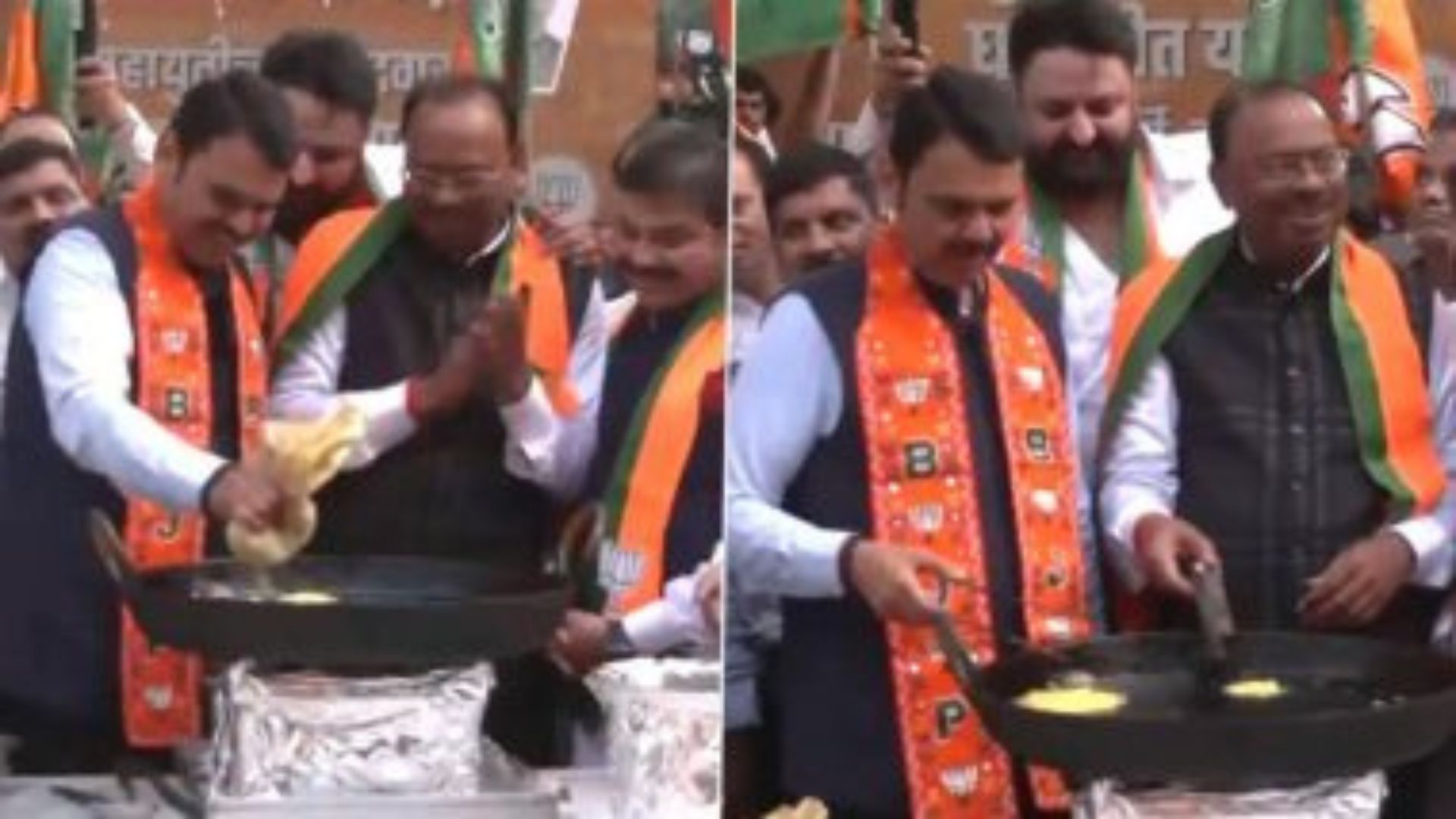More than 180,000 Israelis protested the government’s planned judicial overhaul across the country for the ninth consecutive week, despite a heavy police presence and the use of force by authorities against protesters earlier this week. After the demonstration ended, protesters attempted to cross barricades that closed the Ayalon Highway in Tel Aviv. The police tried to stop them, but several thousand people made their way to the main street and started marching.
Four people have been arrested for trying to scale the wall on the highway. Protesters clash with officers. An hour later, the police started using water cannons to remove them. Mounted police and special forces were also deployed to forcefully remove the protesters. Some degree of blocking of roads by police has been allowed in previous protests in the city, but National Security Minister Itamar Ben-Gvir told Tel Aviv district police not to allow it this week.
In Jerusalem, protesters marched from the main protest site, the presidential residence, to Prime Minister Benjamin Netanyahu’s private home after the protests ended. The officers interrupted them, and four people were arrested for rioting and violence against the officers, according to a police statement.
Protest leaders declared Thursday a “day of resistance for democracy.” Organizers said there would be hundreds of protests across the country against the dictatorial law.Former Likud lawmaker Limor Livnat, who served as education minister under Prime Minister Benjamin Netanyahu, begins his speech at a demonstration in Tel Aviv on Saturday with “Greetings to all anarchists, greetings to all terrorists, greetings to all patriots.”
At a protest that attracted a crowd of more than 150,000, he addressed Netanyahu and Justice Minister Yariv Levin, who are attempting to undermine the judiciary, saying, “We are not afraid.” He said the government’s plans “are not a reform; they are a regime change with a D-9 bulldozer — a blitz” — and called on Likud Knesset members to work against it.
Israeli intellectual Yuval Noah Harari also spoke to the Tel Aviv crowd, saying the time had come to close Israel’s schools and instead discuss democracy. In addition to the main protest in Tel Aviv, demonstrations took place in about 95 other locations across the country, including outside the presidential residence in Jerusalem, attended by thousands.
In Herzliya, opposition leader Yair Lapid told the crowd that the government expected its agenda to be met with indifference. “The most dangerous government in the history of this country thinks no one will stop it, but it also has an unexpected obstacle: you,” he said. Responding to the justification for their parties’ right to win elections, he said: “The fact that you have a majority of half a percent does not mean that you can exclude women from senior positions. It does not mean that you can dictate what we can eat during Passover. And what not. It doesn’t mean you are allowed to massacre Hawara, and it certainly doesn’t mean you can wipe out the High Court.”
A record turnout of 35,000 protesters turned out in Haifa — thousands more than the previous week. There, Labor Party chairman MeravMichaeli insisted that the opposition would not negotiate with the right on a judicial overhaul. “They keep telling us that they have a majority, but a decisive majority of right-wing voters did not believe that they would do what they are doing. They are talking about dialogue, but we know Netanyahu. We will not fall into this trap. We will not let them take away our democracy; we will keep protesting and demonstrating until we win.















